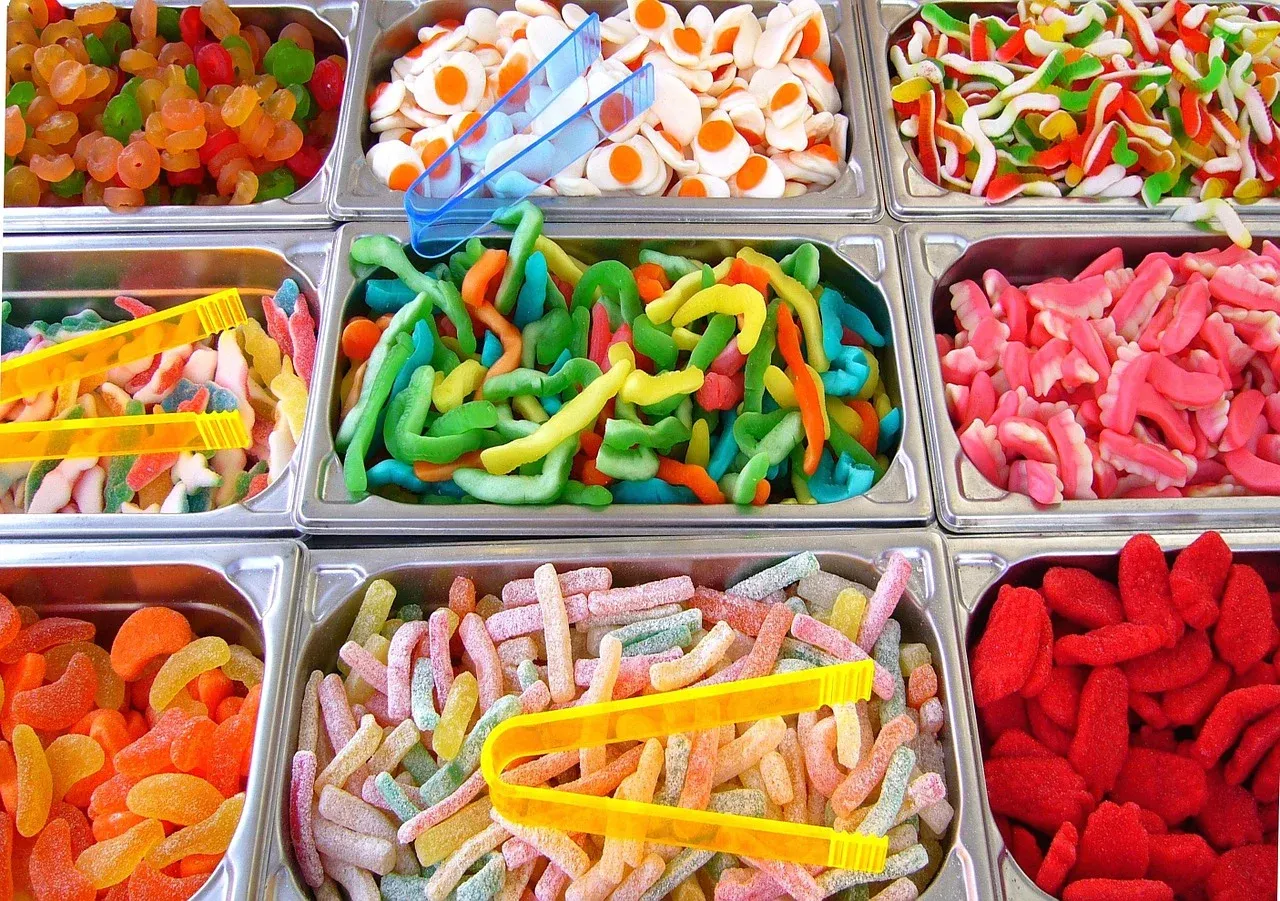The NOVA classification is a system of food classification created by a team of nutrition and health researchers at the University of São Paulo led by Carlos Monteiro. NOVA categorises food products by the ‘extent’ and ‘purpose’ of food processing on the grounds that today this is the main determinant of a food’s nutritional and environmental characteristics. NOVA has four categories: minimally processed food; processed culinary ingredients; processed foods; and ultra-processed foods. Introduced as a framework to measure the impacts of processed foods on human health, NOVA has also been promoted as an alternative to traditional government-approved dietary guidance such as the US MyPlate, the UK Eatwell plate or the Chinese Food Pagoda. While criticised, NOVA is increasingly used as a framework in nutrition science, especially in nutritional epidemiology. The dietary guidelines of Brazil (2014), Uruguay (2016), Ecuador (2018) and Peru (2019) and some reports from the PAHO-WHO have drawn upon the NOVA classification while the French (2019) dietary recommendations advise to reduce the consumption of ‘ultra-transformed’ foods.
